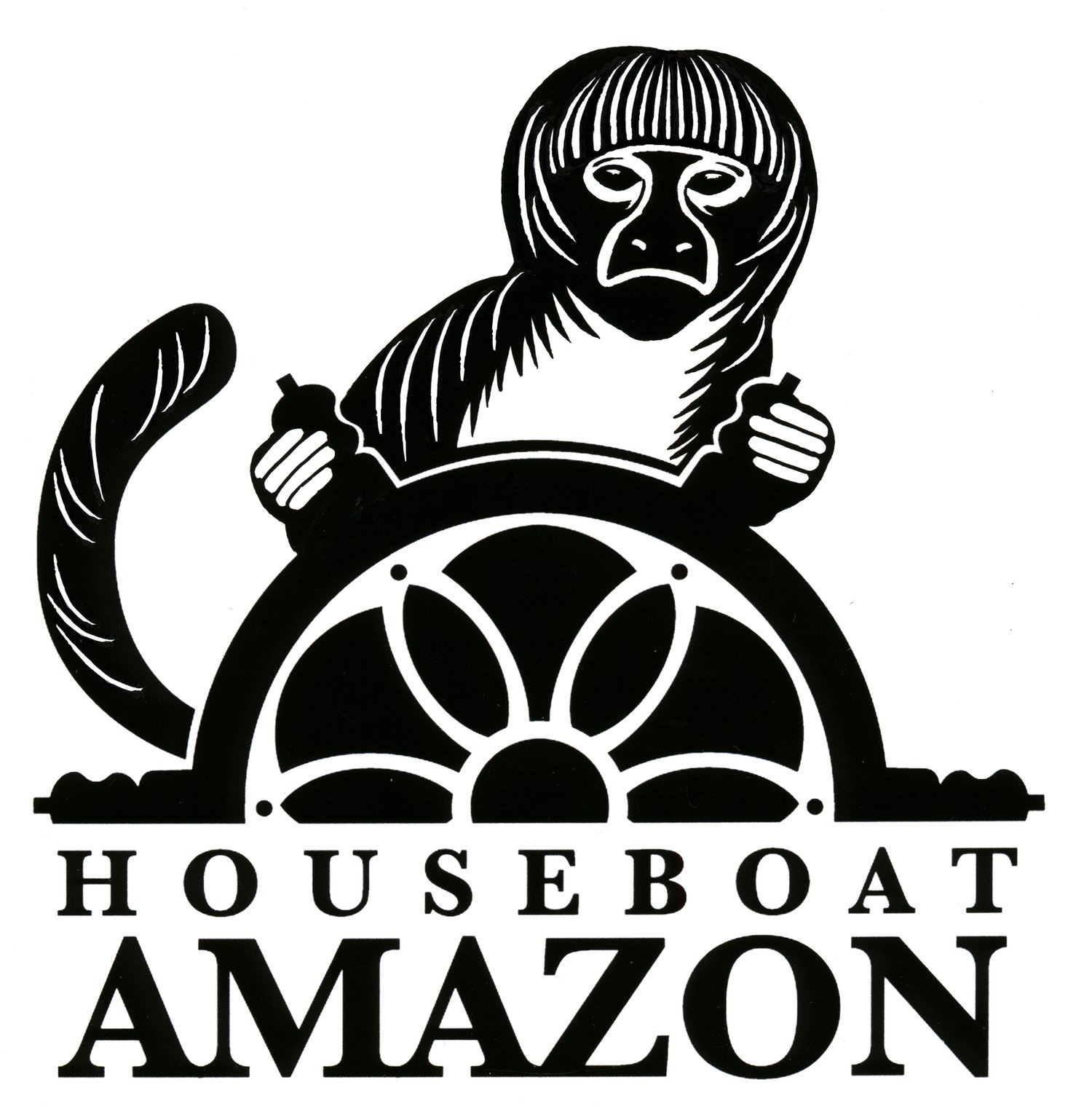Buying Petrol by Canoe
In countries like the United States, going to the gas station means driving up in your car. It means that in Brazil too, but for much of the traffic in Amazonas, the travel is by boat on lots and lots of rivers of various sizes. And that means having gas stations that float on the water.
In November, Lisley and Laura went with Capitao Elival (seen in front) in a canoa that we will use to survey for monkeys, to a gas poso along the Rio Jurua across from the port at Cruzeiro do Sul. In the video you can see that the river is very low. It should be a much as 3 METERS higher this time of year!
We bought all of the petrol we calculated we will use for 4 months of travel: enough diesel and oil to run the barco where we will live and hopefully enough gas for the speed boats and canoas to do the surveys. This ended up being over 8000 liters of fuel!
Our Capitao originally thought we could carry it on the barco where we will be living, but the local navy told him it would not be possible. Barco Bruno can carry 20 tons of weight, so the weight wasn’t the problem. It was the distance we were going and length of time. All of a sudden, we needed another boat!
Capitao had another smaller boat in his fleet, the Suzette, so we agreed on a price to have it and another crew member to bring all of our fuel with us. Even though we had a floating gas station available for us near Cruzeiro, they do not exist further away from towns where we will be going. Bringing our fuel with us is not such an unusual thing in the Amazon, and it provides lots of good opportunities -- and challenges.
One of the good things is having extra space. We won't have to carry the extra barco engines on our houseboat; we will have a third generator for electrical backup; we will have a place to store the canoas and extra survey boat engines; we will have an extra bathroom; we will have an extra kitchen that can serve as a laboratory; and of course, we don't have to live with tanks of petrol in our living space.
The challenge is managing all of the fuel for our boats, and for the use in local communities. We will be hiring local guides in villages as we go. We will use their boats for surveys (along with ours) and will be providing the gas for their work. Keeping strict ledgers of fuel use will be mandatory.
Something we will have to be very careful about is that in the local communities people will often want to trade with us for gas, say if we need food or other supplies, rather than letting us pay for it with Reis. It makes total sense: they are in a remote part of the rainforest and don’t have an easy way to get the petrol. But we have the same problem: If there are no prospects for getting more fuel anywhere nearby, we will not be able to trade with gas. We will have plenty of cash and other things to trade (special foods, clothes, small tools), so hopefully we can all strike a deal. I am sure we will sometimes trade with gas if we will be near a town in a few days and can get more, but this is one of the thousands of small negotiations we will be doing as we go!
Conservation is always a combination of working to create a situation that benefits humans, wildlife, and wild lands. The ability to reach those areas -- which means transportation of some sort – in this current version of our world, means using petroleum products.
Brazil as a first world nation is further advanced than most in use of BioFuels for cars and are the world’s second producers of ethanol – theirs from sugar cane primarily. All for their autos are retrofitted for BioFuel use and have been for over 20 years. The catch is: most small Brazilian boats are not all retrofitted as many of the people in rainforest drive peque-peque engines, which are only on gas and oil.
The petrol is very expensive and is one of the major things we are fundraising for. It is priced per liter and we got a deal at 4.25 Real ($1.42)/Liter for gas and 3.70 Real ($1.23)/Liter for diesel!
I am hopeful everything I put on credit card will get paid to me through donations and grants as we go. Thank you if you have donated!
Peque peque engine on a "canoa".
One of our "canoas" for surveys.
The white containers will have our fuel in them.



